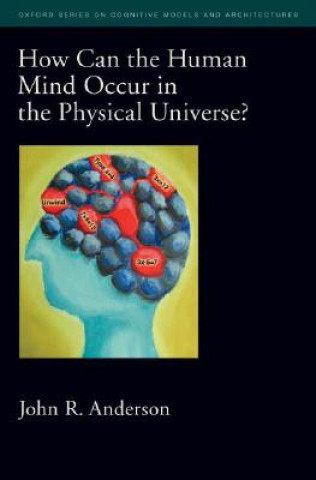
Kod: 04476670
How Can the Human Mind Occur in the Physical Universe?
Autor John R. Anderson
"The question for me is how can the human mind occur in the physical universe? We now know that the world is governed by physics. We now understand the way biology nestles comfortably within that. The issue is how will the mind do ... więcej
- Język:
 Angielski
Angielski - Oprawa: Twarda
- Liczba stron: 304
Wydawca: Oxford University Press Inc, 2007
- Więcej informacji o książce

Zobacz książki o podobnej tematyce
-
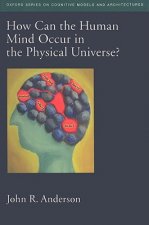
How Can the Human Mind Occur in the Physical Universe?
52.85 € -

Superintelligence
24.08 € -19 % -
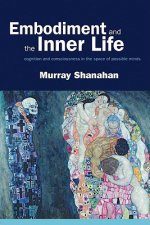
Embodiment and the inner life
111.90 € -
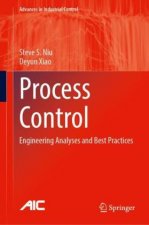
Process Control
202.47 € -
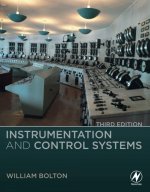
Instrumentation and Control Systems
69.52 € -5 % -
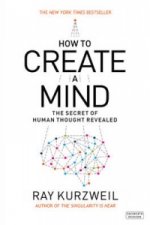
How to Create a Mind
14.32 € -17 % -
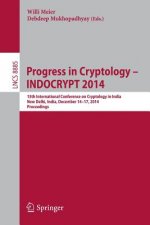
Progress in Cryptology -- INDOCRYPT 2014
59.15 € -

Pearl of China
9.54 € -18 % -

Slow Sex
14.63 € -24 % -
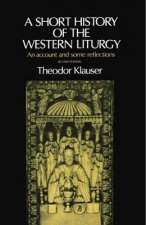
Short History of the Western Liturgy
121.46 € -
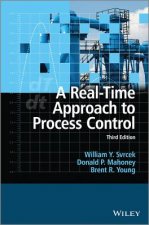
Real-Time Approach to Process Control 3e
208.67 € -

Second Child
8.43 € -5 % -

Elder Scrolls Online: Tales of Tamriel - Book II: The Lore
34.65 € -3 % -
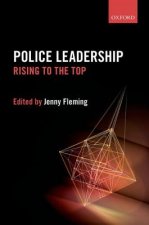
Police Leadership
89.64 € -

Birth of the Clinic
15.03 € -26 % -
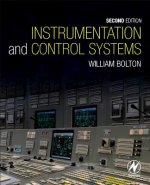
Instrumentation and Control Systems
80.60 € -

Autodesk Inventor 2023
97.37 € -
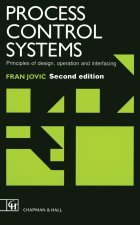
Process Control Systems
111.90 € -

Albert Speer
15.74 € -3 % -

Magic Ponies: Pony Camp
6.39 € -27 % -
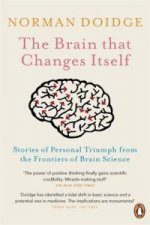
The Brain That Changes Itself
11.48 € -20 % -

Algebra Know-It-ALL
38.21 € -20 % -

Creative Haven Sea Life Color by Number Coloring Book
7.82 € -28 % -

A Game of Thrones: The Story Continues
76.12 € -13 % -

Implementing Semantic Web Services
59.15 € -

Biocentrism
13.81 € -24 % -

Praktická cvičení na posílení aury a čaker
9.04 € -19 % -

Kalašnikov
7.41 € -31 %
Podaruj tę książkę jeszcze dziś
- Zamów książkę i wybierz "Wyślij jako prezent".
- Natychmiast wyślemy Ci bon podarunkowy, który możesz przekazać adresatowi prezentu.
- Książka zostanie wysłana do adresata, a Ty o nic nie musisz się martwić.
Więcej informacji o How Can the Human Mind Occur in the Physical Universe?
Za ten zakup dostaniesz 236 punkty
 Opis
Opis
"The question for me is how can the human mind occur in the physical universe? We now know that the world is governed by physics. We now understand the way biology nestles comfortably within that. The issue is how will the mind do that as well?" Alan Newell, 4 December 1991, Carnegie Mellon University The argument John Anderson gives in this book was inspired by the passage above, from the last lecture by one of the pioneers of cognitive science. Alan Newell describes what, for him, is the pivotal question of scientific inquiry, and Anderson gives an answer that is emerging from the study of brain and behaviour. Humans share the same basic cognitive architecture with all primates, but they have evolved abilities to exercise abstract control over cognition and process more complex relational patterns. The human cognitive architecture consists of a set of largely independent modules associated with different brain regions. This book discusses in detail how these various modules can combine to produce behaviors as varied as driving a car and solving an algebraic equation, but focuses principally on two of the modules: the declarative and procedural. The declarative module involves a memory system that, moment by moment, attempts to give each person the most appropriate possible window into his or her past. The procedural module involves a central system that strives to develop a set of productions that will enable the most adaptive response from any state of the modules. Newell argued that the answer to his question must take the form of a cognitive architecture, and Anderson organizes his answer around the ACT-R architecture, but broadens it by bringing in research from all areas of cognitive science, including how recent work in brain imaging maps onto the cognitive architecture.
 Szczegóły książki
Szczegóły książki
Kategoria Books in English Society & social sciences Psychology Psychological theory & schools of thought
94.72 €
- Pełny tytuł: How Can the Human Mind Occur in the Physical Universe?
- Autor: John R. Anderson
- Język:
 Angielski
Angielski - Oprawa: Twarda
- Liczba stron: 304
- EAN: 9780195324259
- ISBN: 0195324250
- ID: 04476670
- Wydawca: Oxford University Press Inc
- Waga: 564 g
- Wymiary: 240 × 166 × 19 mm
- Data wydania: 06. September 2007
Ulubione w innej kategorii
-

Behave
12.39 € -16 % -

Memories, Dreams, Reflections
13.41 € -10 % -

The Undiscovered Self
9.04 € -26 % -

The Empathy Game
15.54 € -14 % -

Red Book
240.89 € -17 % -
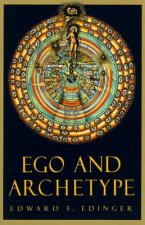
Ego and Archetype
23.17 € -14 % -
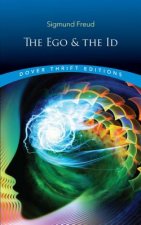
Ego and the Id
3.85 € -17 % -
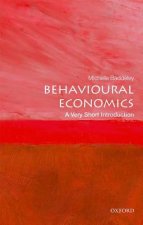
Behavioural Economics: A Very Short Introduction
8.93 € -28 % -
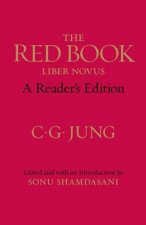
The Red Book – A Reader`s Edition
38.62 € -15 % -

A General Introduction to Psychoanalysis
5.48 € -26 % -
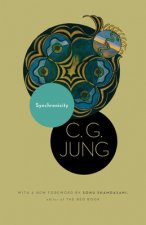
Synchronicity – An Acausal Connecting Principle
14.32 € -

Emotional Intelligence
11.58 € -
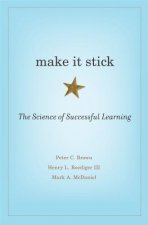
Make It Stick
34.45 € -1 % -
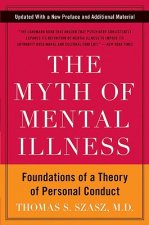
The Myth of Mental Illness
13.41 € -28 % -

Home is Where We Start from
13.41 € -28 % -
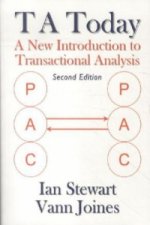
T A Today
20.52 € -9 % -

Masculine and Feminine
23.06 € -25 % -
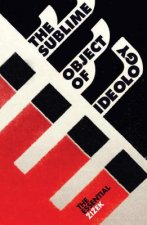
The Sublime Object of Ideology
18.29 € -7 % -
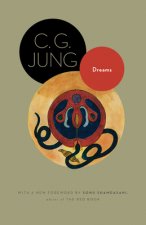
Dreams
14.02 € -26 % -
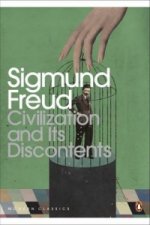
Civilization and Its Discontents
10.97 € -15 % -
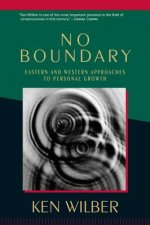
No Boundary
13.51 € -26 % -

Answer to Job
8.32 € -26 % -
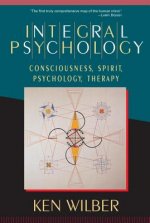
Integral Psychology
20.12 € -26 % -

Inner Gold
20.52 € -2 % -

Jung's Studies in Astrology
47.05 € -4 % -
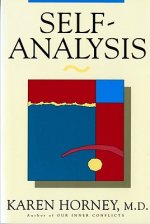
Self-Analysis
18.39 € -20 % -
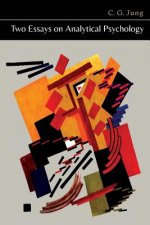
Two Essays on Analytical Psychology
14.93 € -
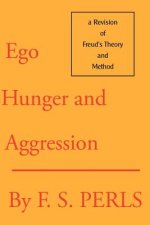
Ego, Hunger and Aggression
39.12 € -

Red Book of C.G. Jung
41.87 € -

Touched With Fire
12.39 € -28 % -

Beyond the Pleasure Principle
4.36 € -18 % -
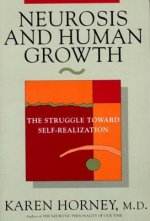
Neurosis and Human Growth
19.51 € -16 % -
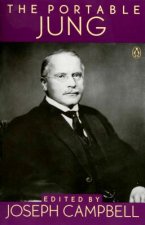
Portable Jung
23.78 € -30 % -
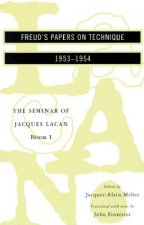
Seminar of Jacques Lacan
21.84 € -16 % -
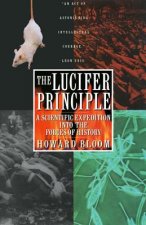
Lucifer Principle
17.07 € -19 % -
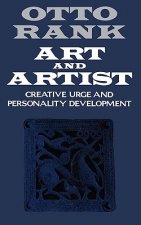
Art and Artist
28.25 € -15 % -

Sociobiology
65.55 € -1 % -
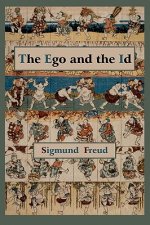
Ego and the Id - First Edition Text
7.11 € -
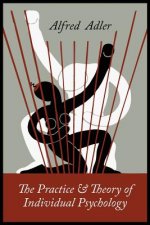
Practice and Theory of Individual Psychology
16.25 € -

Dance Therapy and Depth Psychology
54.78 € -
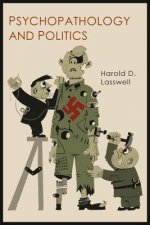
PSYCHOPATHOLOGY & POLITICS
19.10 € -
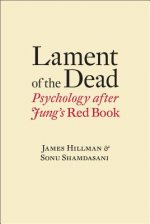
Lament of the Dead
28.55 € -19 % -

Eternal Drama
21.64 € -16 % -
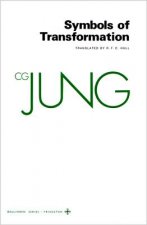
Collected Works of C.G. Jung
31.70 € -26 % -
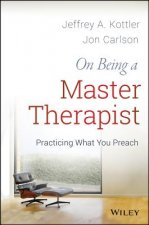
On Being a Master Therapist - Practicing What You Preach
28.15 € -26 % -
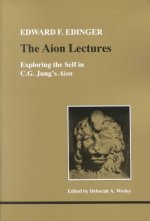
Aion Lectures
22.05 € -18 % -
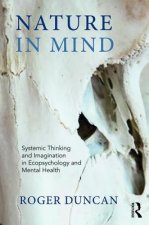
Nature in Mind
36.68 € -

Writing and Madness
27.33 € -11 % -
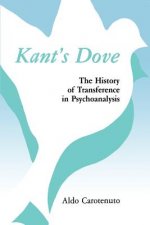
Kant's Dove
22.66 € -1 %
Collection points Bratislava a 2642 dalších
Copyright ©2008-24 najlacnejsie-knihy.sk All rights reservedPrivacyCookies



 15549 collection points
15549 collection points Delivery 2.99 €
Delivery 2.99 € 02/210 210 99 (8-15.30h)
02/210 210 99 (8-15.30h)